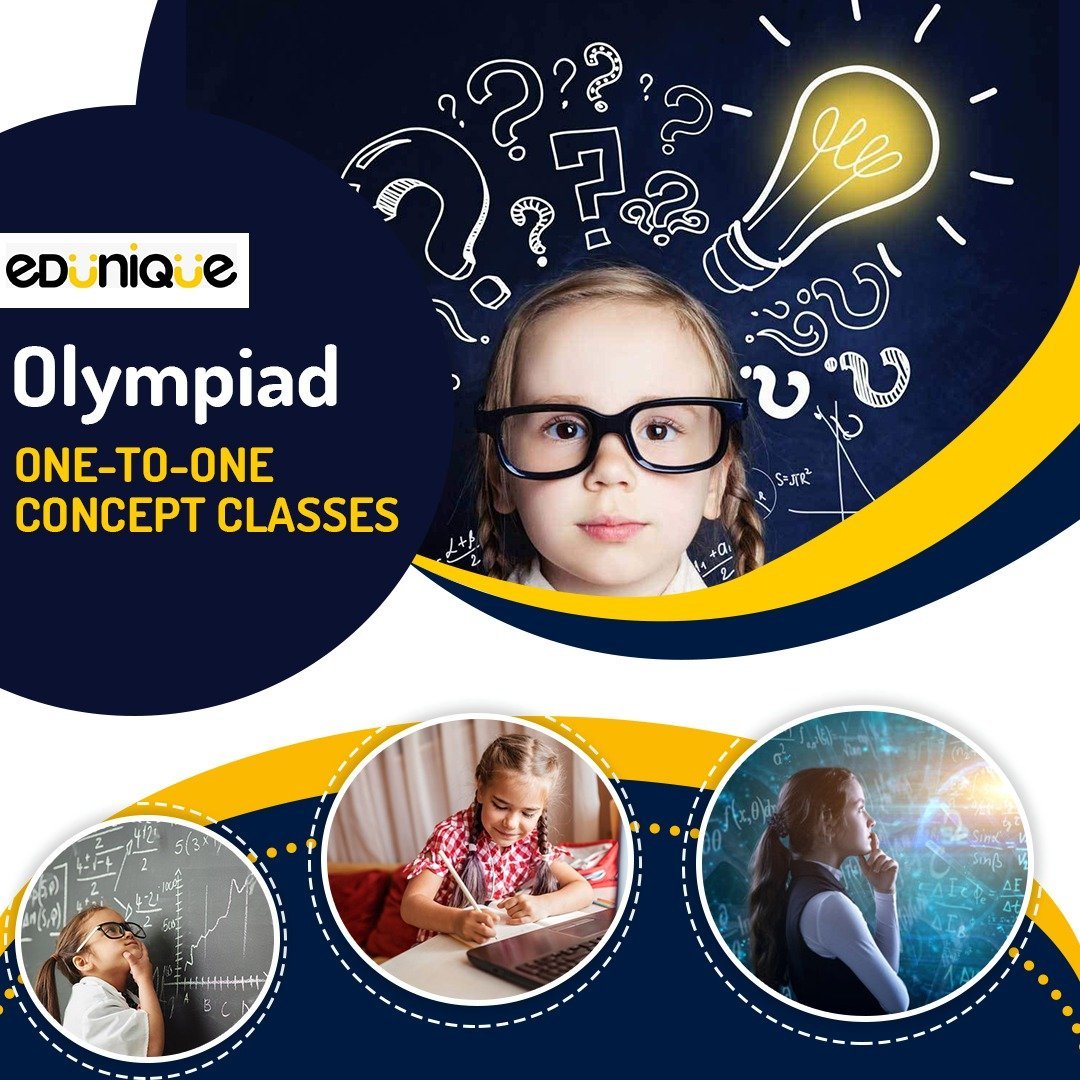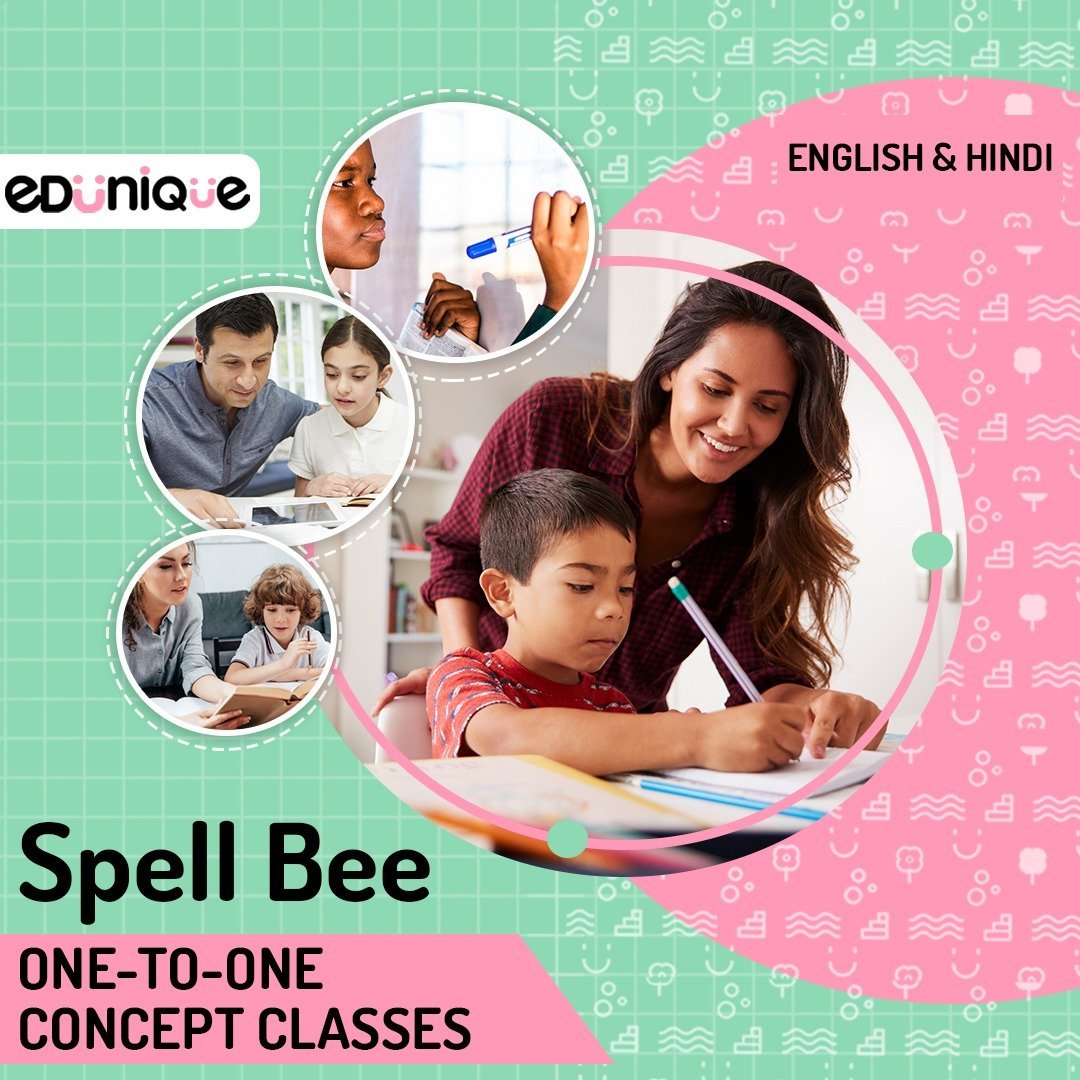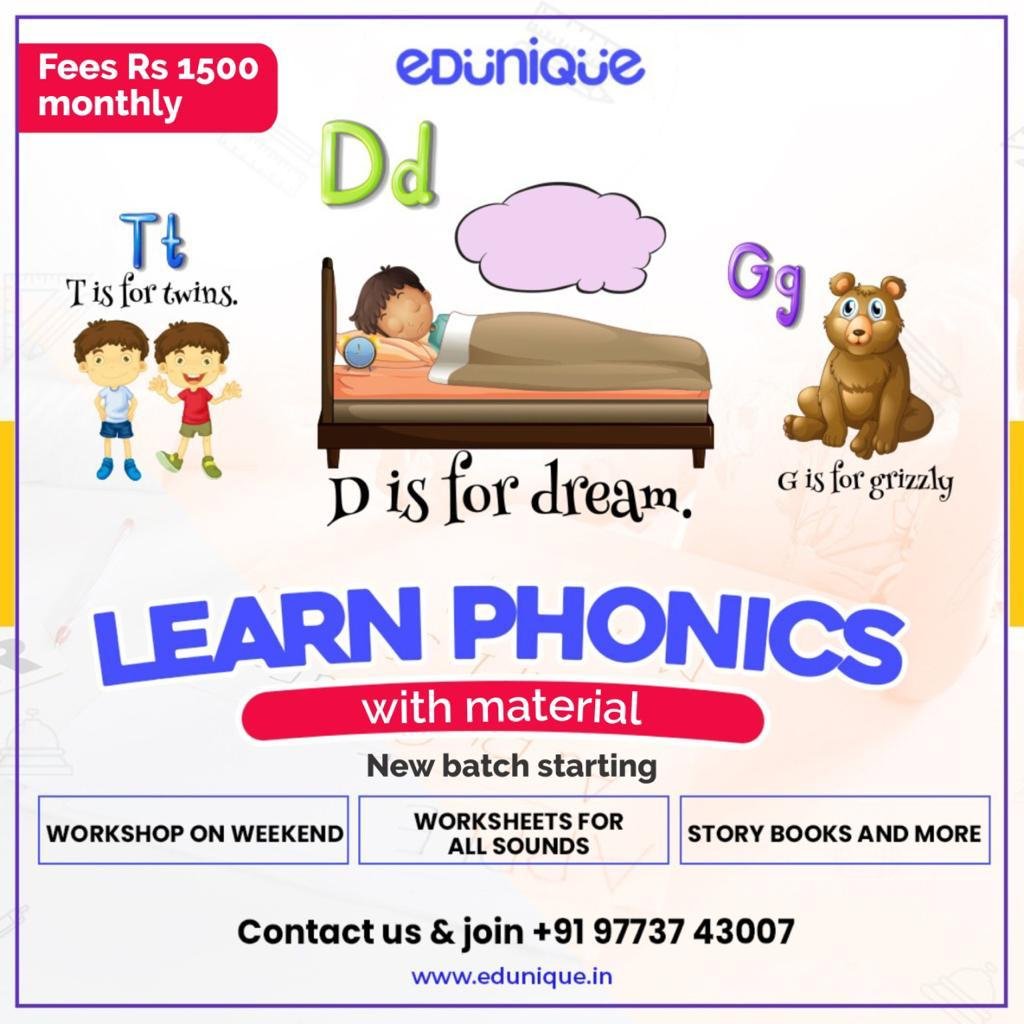Ramp up your level of education
Take on the future, step by step

Foundation Courses Offered

International Foundation Mathematics
- Customized Curriculums & Plans
- Individualized Classes
- Skill Development
- Mentoring
- Free Content

International Foundation English
- Customized Curriculums & Plans
- Individualized Classes
- Skill Development
- Mentoring
- Free Content

Spoken English & Vocabulory
- Customized Curriculums & Plans
- Individualized Classes
- Skill Development
- Mentoring
- Free Content

Foreign Languages
- Customized Curriculums & Plans
- Individualized Classes
- Skill Development
- Mentoring
- Free Content

Applied Science
- Customized Curriculums & Plans
- Individualized Classes
- Skill Development
- Mentoring
- Free Content

Applied Mathematics
- Customized Curriculums & Plans
- Individualized Classes
- Skill Development
- Mentoring
- Free Content

Crash Course - Olympiad (IMO, Aryabhatta, Ramanujan)
- Customized Curriculums & Plans
- Individualized Classes
- Skill Development
- Mentoring
- Free Content

Crash Course - Spell Bee
- Customized Curriculums & Plans
- Individualized Classes
- Skill Development
- Mentoring
- Free Content

Crash Course - Hand Writing
- Customized Curriculums & Plans
- Individualized Classes
- Skill Development
- Mentoring
- Free Content

School Competitions & Holiday Homework
- Customized Curriculums & Plans
- Individualized Classes
- Skill Development
- Mentoring
- Free Content

Phonics and Super Readers program
- Customized Curriculums & Plans
- Individualized Classes
- Skill Development
- Mentoring
- Free Content

Hindi Course
- Customized Curriculums & Plans
- Individualized Classes
- Skill Development
- Mentoring
- Free Content
Join now at special introductory Prices and Discounts
Contact us:
Head Office
Plot No. 2A, First Floor, KH No. 294, Kehar Singh State, Saidulajab Village, Lane No. 2, New Delhi - 110030
Skill Development Centre
Sri Venkateshwar International School
Sector 18, Sector 18A Dwarka, Kakrola, New Delhi, Delhi 110075
Phone: 9773743007, 9599218488
Email for Queries or Info: info@thekala.in
Email for Support or Concerns: supportyou@thekala.in
Email for Careers: rightfit@thekala.in











